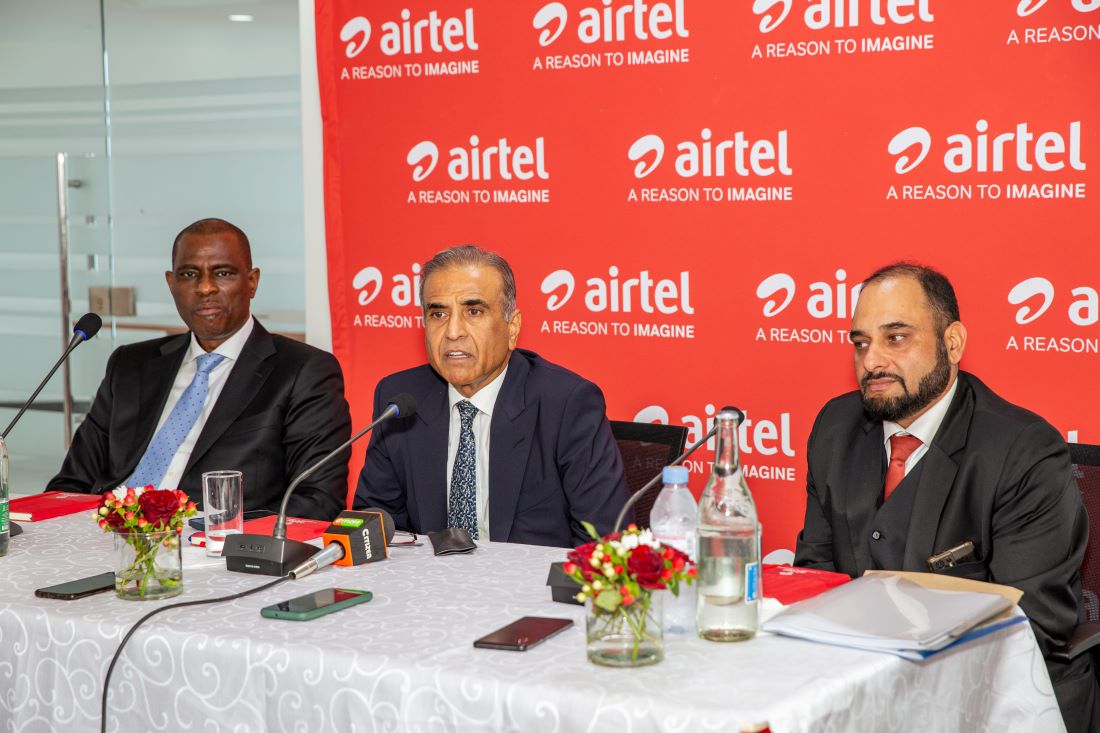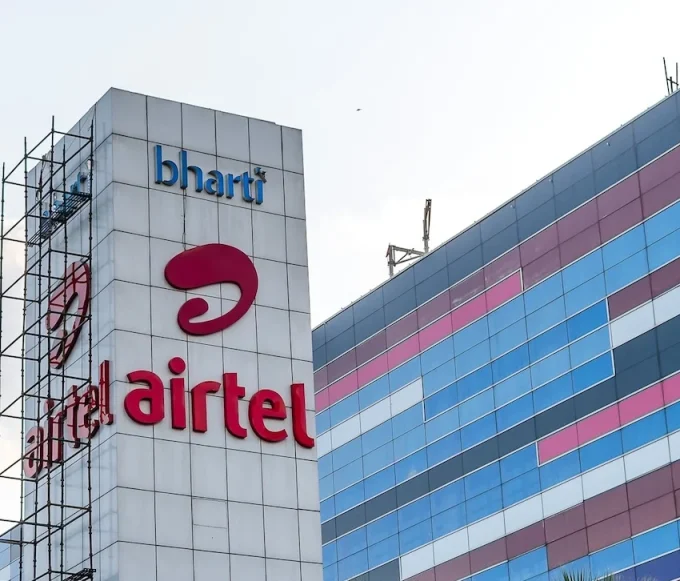Airtel Kenya recently announced plans to expand its network coverage to meet the growing demand for data services in the country. The expansion will add 349 sites currently being deployed by the close of the year and an additional 300 sites in the pipeline to enhance connectivity and improve service quality.
Mr Sunil Bharti Mittal, Chairman of Bharti Airtel said the mobile operator is seeking to bridge the digital divide by providing reliable network connections. Currently, Airtel Kenya’s network infrastructure spans over 3200 sites, covering an impressive 89% of the country across all 47 counties.
“With every step we take to advance our network infrastructure and capabilities, we aim to bridge the digital divide, empowering individuals, businesses, and communities,” Mr Mittal says. “We understand that the needs of our customers are ever-evolving, and we are dedicated to staying one step ahead, anticipating their desires and providing solutions that surpass their dreams.”
Recognizing the challenges faced by customers in areas with poor network connectivity, Airtel has embraced various cutting-edge technologies and innovations to enhance connectivity, improve service quality, and provide a reliable network. These include the deployment of LTE on the 2600Mhz band for capacity expansion and future 5G rollout, launch of VOLTE and Esim and the introduction of small cell/street solutions in densely populated areas such as in the Eastland areas.
“We are committed to providing our customers with a network that reaches every corner of Kenya,” said Mr Olusegun Ogunsanya, Group CEO of Airtel Africa. “Our network expansion efforts are driven by the goal of delivering an exceptional data experience to all our customers, regardless of their location. We are constantly investing in new technologies and innovations to enhance connectivity, improve service quality, and deliver on our promise of seamless communication.”
In addition to expanding its network coverage, Airtel Kenya is also committed to sustainability and environmental responsibility. As part of its network expansion plans, the company is implementing a decarbonization strategy to reduce its environmental footprint.
See Also >> Media Guru Who Turned Around Publishing House Bows Out
This includes replacing end-of-life batteries with greener lithium-ion batteries to reduce greenhouse gas emissions. The company is also exploring low-carbon alternative fuels for backup energy generation and harnessing solar energy to power its network infrastructure.
“We believe that it is important to balance our business needs with our environmental responsibility,” added Mr Segun. “By using sustainable technologies, we can help protect the environment while also providing our customers with the best possible service.”
While the network expansion plans will contribute to an improved market position, the company remains committed to offering competitive pricing and tariff plans to ensure its services remain accessible to all Kenyans.
Next >> Inside The Empire Of Kakamega Tycoon Called Toto













Leave a comment